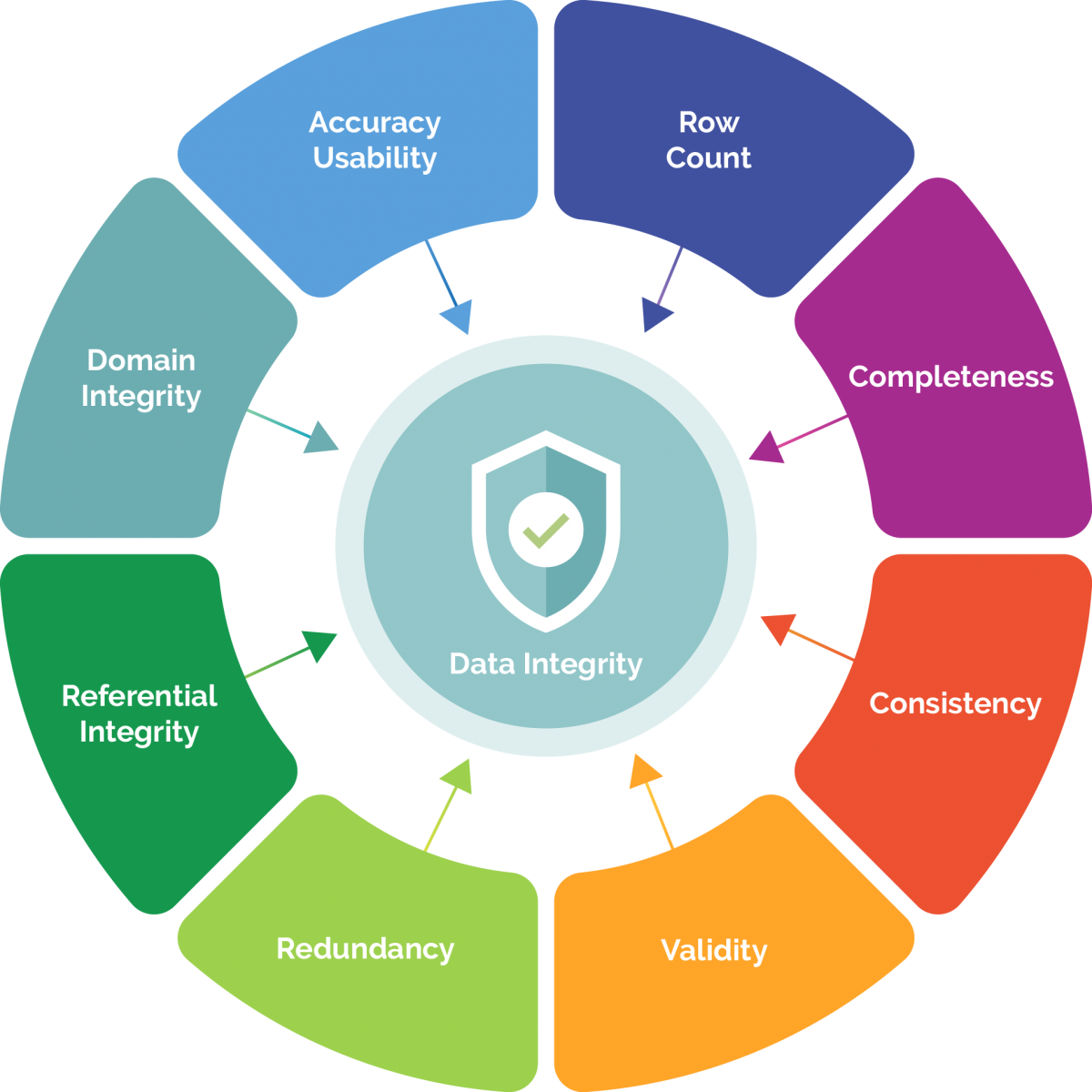Data Integrity In Pharmaceuticals
Data integrity:
Data integrity is a fundamental component of information security. In its broadest use, “data integrity” refers to the accuracy, reliability and consistency of data stored over its entire life-cycle in a database, data warehouse, data mart or other construct.
The term – Data Integrity – can be used to describe a state, a process or a function – and is often used as a proxy for “data quality”.
Data integrity is important because:
- To ensure product / service quality
- To Safety and Privacy of customers
- To Key business processes are managed via electronic controlled systems
- To Increasing of interaction between computer systems that support business processes (internet, enterprise systems, wireless, mobile devices)
- To Increasing focus by Authorities and Regulations on data integrity related issues
Data should be:
- Attributable – Data should clearly demonstrate who observed and recorded it, when it was observed and recorded, and who it is about.
- Legible – Data should be easy to understand, recorded permanently and original entries should be preserved.
- Contemporaneous – Data should be recorded as it was observed, and at the time it was executed.
- Original – Source data should be accessible and preserved in its original form.
- Accurate – Data should be free from errors, and conform with the protocol.
Types of Data Integrity :Data integrity is can be classify into the following types:
- Entity integrity
- Referential integrity
- Domain integrity
- User-defined integrity
Probable error in Data Integrity:
- Human error
- Unintended transfer errors
- Misconfigurations and security errors
- Malware, insider threats, and cyber attacks
- Compromised hardware
How can data integrity risks be minimized?
1. Ensure all computer systems are complies 21 CFR Part 11 requirements
2. Follow a software development lifecycle
3. Validate your computer systems
4. Implement audit trails
5. Implement error detection software
6. Secure your records with limited system access
7. Maintain backup and recovery procedures
8. Design a Quality Management System with SOPs and logical controls
9. Protect the physical and logical security of systems
10. Establish a vendor management qualification program
11. Properly train users and maintain training records
12. Conduct Internal Audits to evaluate controls and procedures
Thank you for visit and for more pharma updates click here – https://pharmaguidances.com


